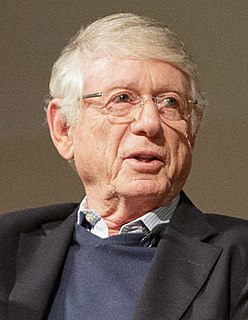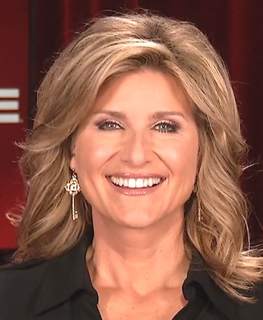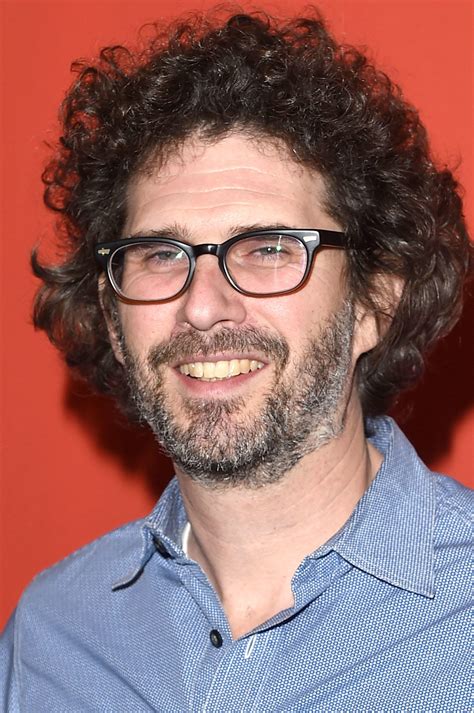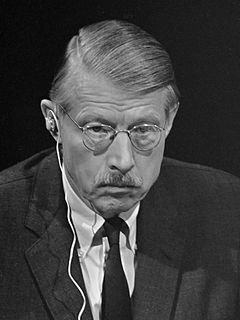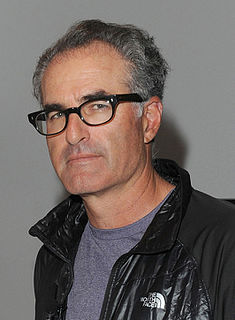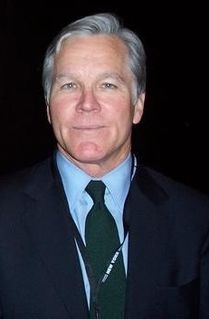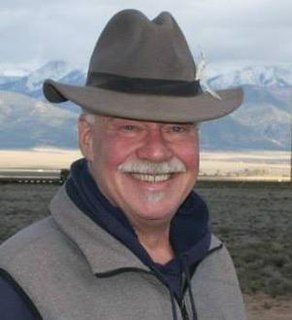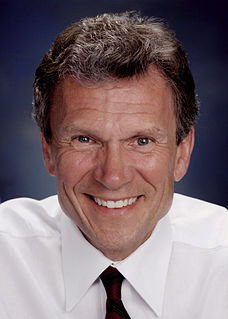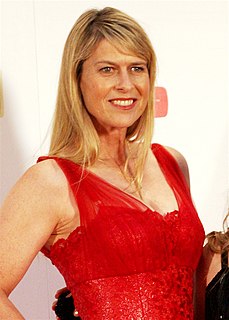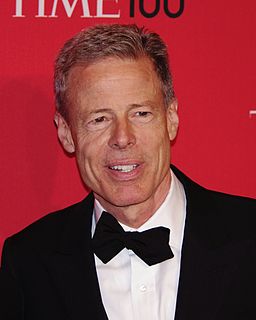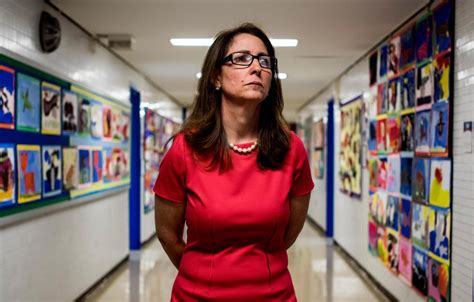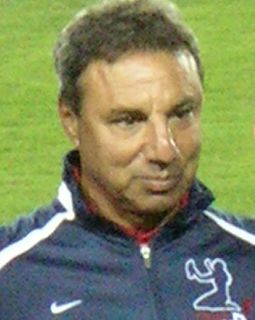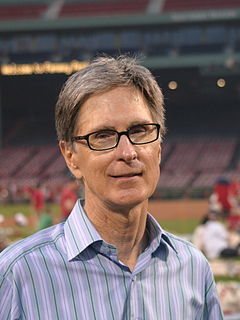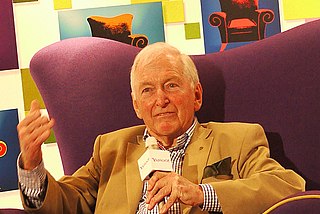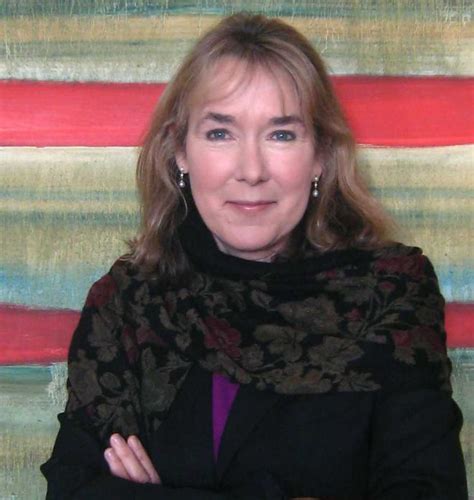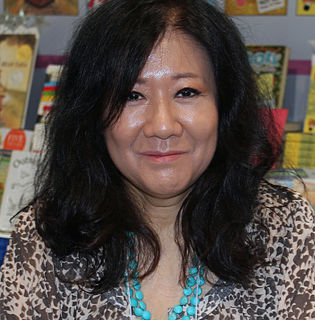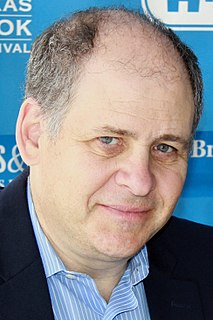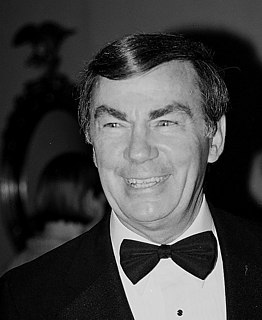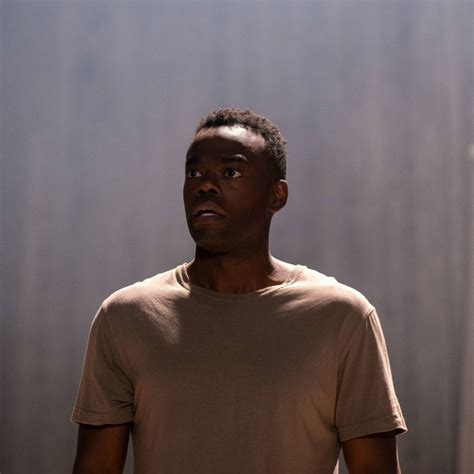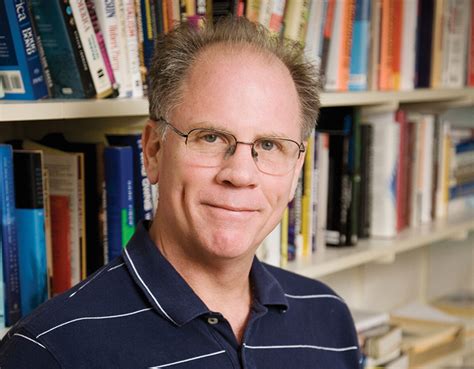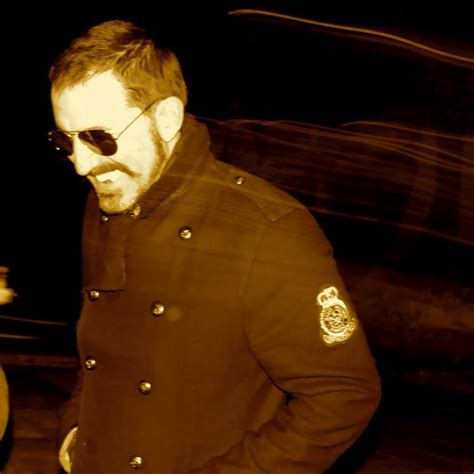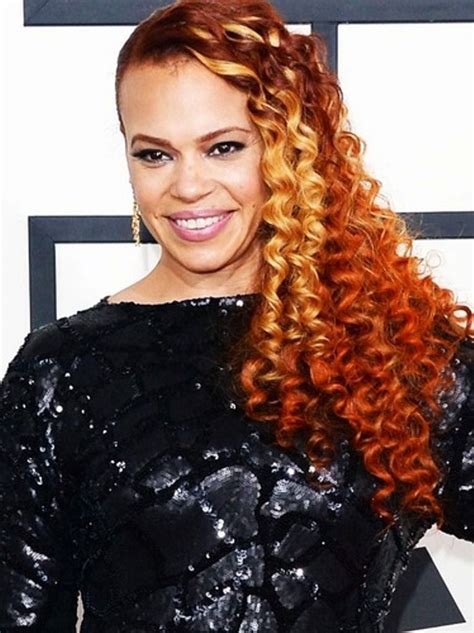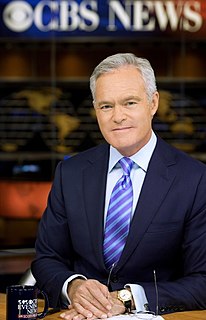Top 1200 Investigative Journalism Quotes & Sayings - Page 16
Explore popular Investigative Journalism quotes.
Last updated on December 19, 2024.
The love of money is the root of all evil. That is the fundamental truth that I have verified through 3 decades of empirical, investigative, legal, academic research trying to answer some fundamental questions about human existence and why we behave the way we do, why we think the way we do, why we act the way we do...It is the love of money that has the potential to exterminate- to render extinct- the entire human race.
You've got to ask yourself, why won't Donald Trump release his tax returns? I think there may be a couple of reasons. First, maybe he's not as rich as he says he is. Second, maybe he's not as charitable as he claims to be. Third, we don't know all of his business dealings, but we have been told through investigative reporting that he owes about $650 million to Wall Street and foreign banks. Or maybe he doesn't want the American people to know that he's paid nothing in federal taxes.


